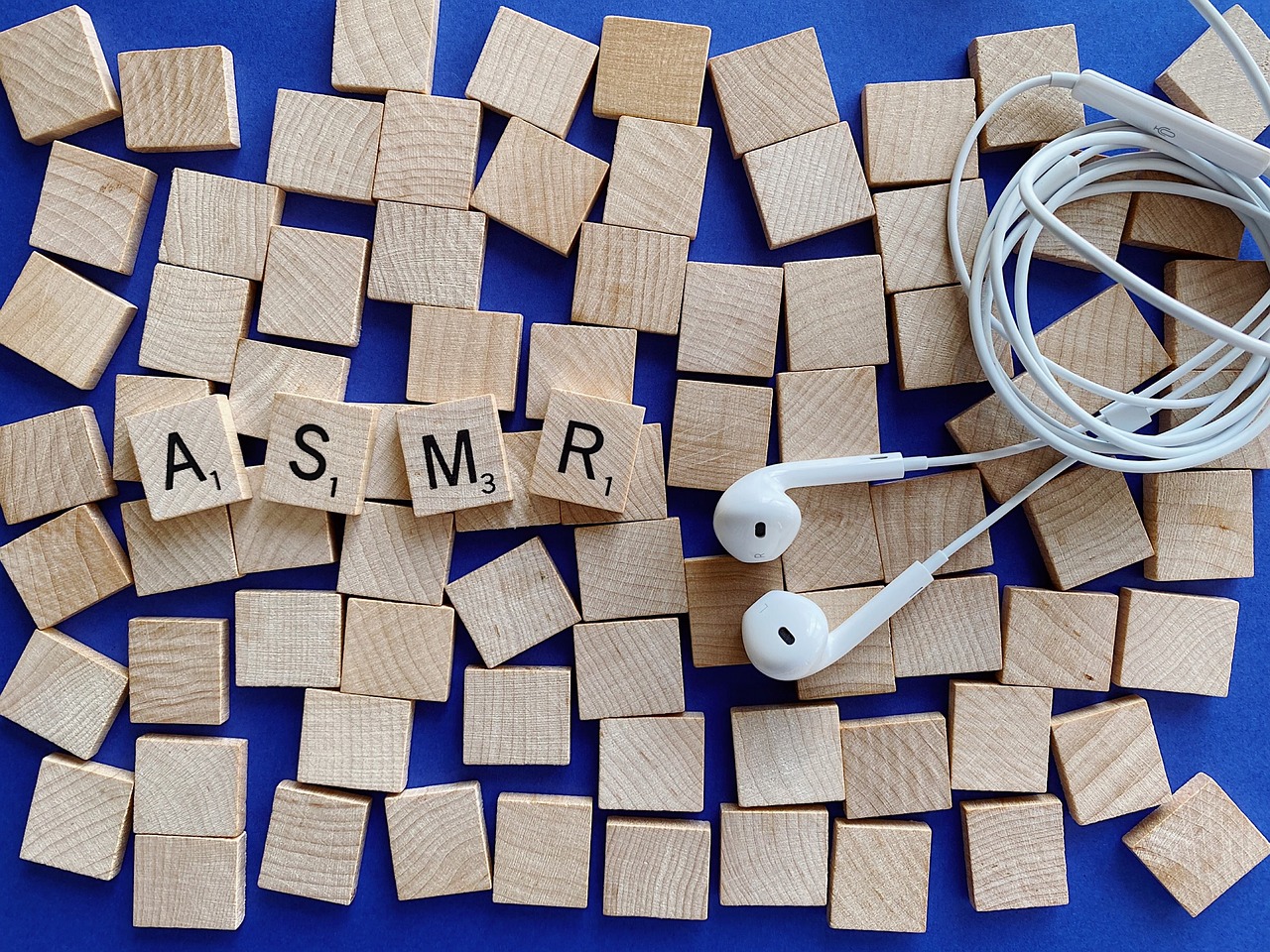The Intriguing Science of Chronobiology: Understanding Your Biological Clock
Have you ever wondered why you feel energetic at certain times of the day and tired at others? The answer lies in your 'biological clock', a concept at the heart of a fascinating field known as chronobiology. Chronobiology is the study of biological rhythms and how they affect our bodies and behavior. It was first recognized as a scientific discipline in the mid-20th century, although observations of daily and seasonal rhythms in plants and animals date back to ancient times. The field gained prominence in the 1970s with the discovery of the 'suprachiasmatic nucleus' (SCN), a region in the brain that acts as the body's central clock.

The Body’s Biological Clock
The SCN, located in the hypothalamus, controls your body’s circadian rhythm, a roughly 24-hour cycle that influences sleep patterns, hormone release, digestion, and other bodily functions. This clock is ‘set’ by environmental cues, primarily light and darkness. When these cues are disrupted, as in shift work or jet lag, it can lead to sleep disorders, metabolic issues, and other health problems.
The Health Implications of Chronobiology
Research in chronobiology has provided valuable insights into the optimal timing for medical treatments. For instance, studies have shown that the timing of chemotherapy can significantly impact its effectiveness and side effects. This has led to the development of ‘chronotherapy’, a treatment approach that tailors medical interventions to the body’s biological rhythms.
Similarly, understanding our internal clocks can help optimize exercise routines, meal times, and work schedules for better health and productivity. This includes minimizing the impact of shift work and jet lag, which disrupt our circadian rhythms and can lead to long-term health consequences.
Recent Advances in Chronobiology
The 2017 Nobel Prize in Physiology or Medicine was awarded to three scientists for their discoveries of molecular mechanisms controlling the circadian rhythm. Their work has furthered our understanding of how plants, animals, and humans adapt their biological rhythm to synchronize with the Earth’s rotations.
Quick Facts about Chronobiology
- The term ‘chronobiology’ is derived from the Greek words ‘chronos’ (time), ‘bios’ (life), and ‘logos’ (study).
- Disruptions to the circadian rhythm have been linked to mental health disorders such as depression and bipolar disorder.
- The ‘morning lark’ and ‘night owl’ tendencies are influenced by genetic factors related to chronobiology.
- The concept of a ‘siesta’, or afternoon nap, in many cultures aligns with a natural dip in alertness in the circadian rhythm.
Chronobiology is a rapidly evolving field with far-reaching implications for human health and behavior. Understanding our internal clocks can help us make informed decisions about our daily routines, from when we eat and exercise to when we sleep and work. This knowledge can also guide the development of new therapeutic strategies tailored to our body’s rhythms, offering exciting possibilities for personalized medicine. Ultimately, chronobiology empowers us to live in harmony with our biological clocks, enhancing our health, productivity, and overall well-being.





